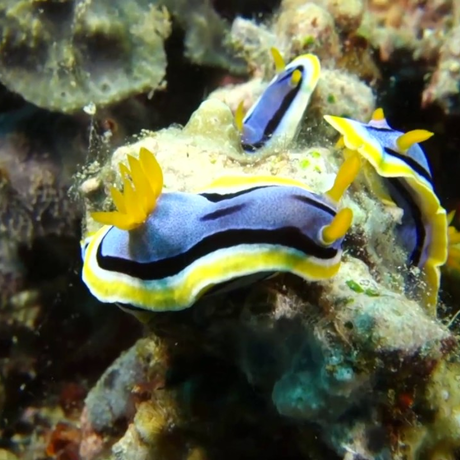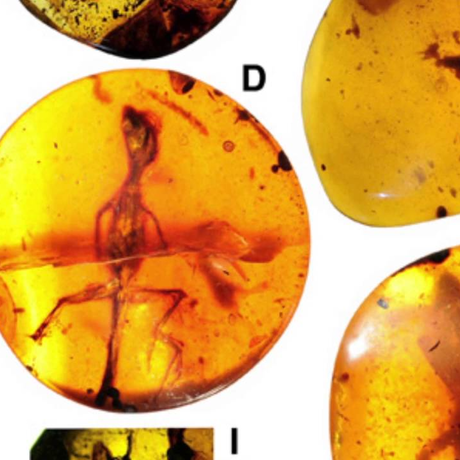Featured Articles
Today's post is Science Today's last. Thanks for joining us these past eight years!
Ecologically- and economically-rich coral reefs occur in very specific places on our planet.
New species finds include a succulent plant, worms and crustaceans near a hydrothermal vent and desert bees.
How can we effectively communicate the urgency around plastic pollution in the ocean to effect change?
Not to miss headlines—honeybee parasites, slow turtles slow down, and lizards that dream.
Ravens and crows are demonstrating that brain size isn't everything when it comes to intelligence.
Chameleons and geckos are only two of the exciting reptiles locked away in amber for tens of millions of years.
Computer scientists are creating game theory applications to stop wildlife poachers and illegal logging.
How does the fungus known as red bread mold communicate with its own kind? Berkeley scientists say it's dialect.
Corals are losing their tolerance to bleaching, a report card for drought response, tree heart attacks, and more
Some species of fish give birth to live young rather than laying eggs and it seems to contribute to diversity.
This week's finds include a teeny frog, a blind fish that climbs waterfalls, and tadpoles that swim in sand!













